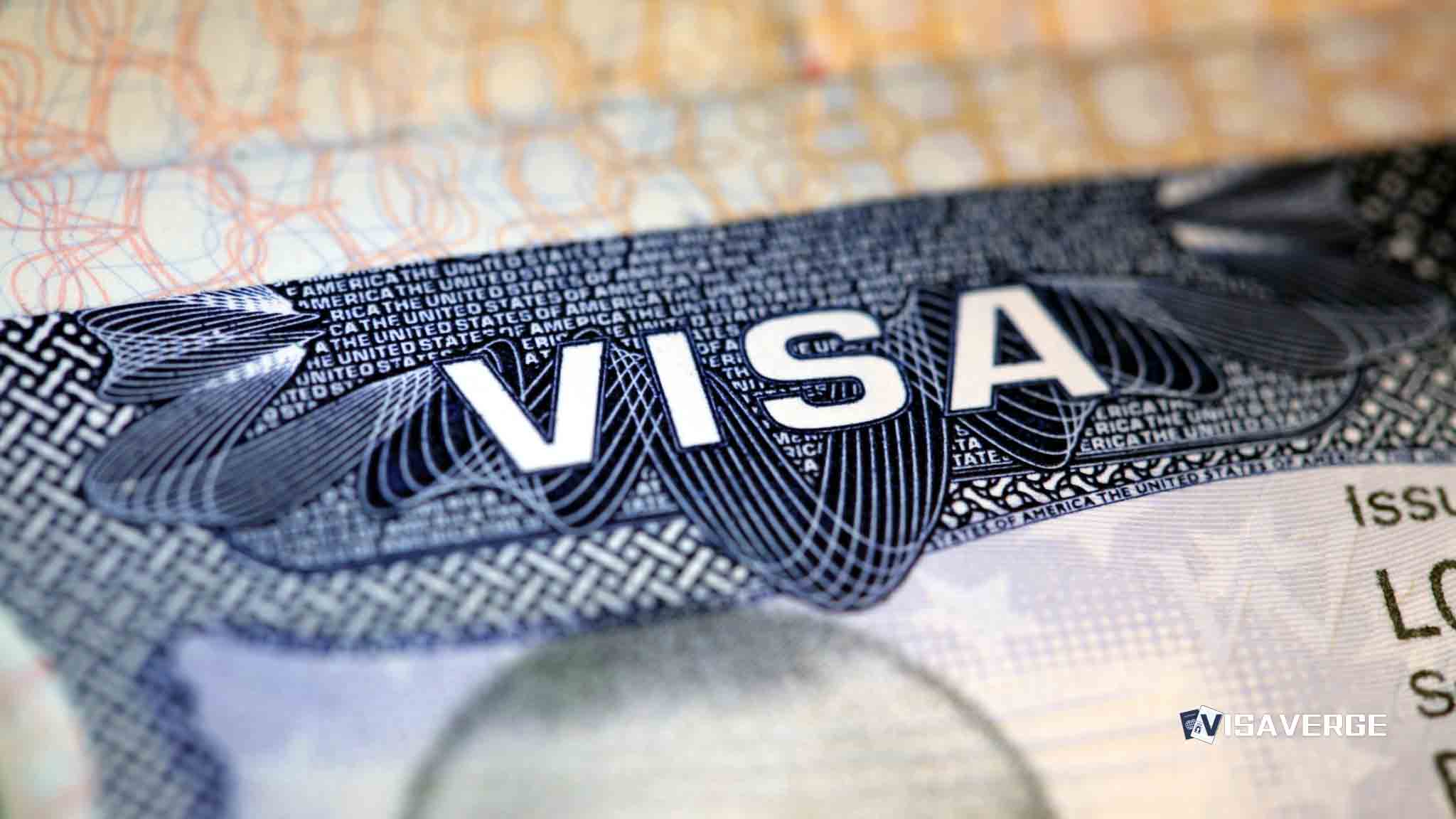For F-1 visa students in the United States, the Optional Practical Training (OPT) program offers valuable real-world experience in your field of study. But earning income on OPT also means navigating U.S. tax obligations — from federal income taxes to state filings and FICA exemptions. This guide breaks down everything you need to know about filing taxes as an F-1 student on OPT, including key forms, deadlines, tax treaties, and common mistakes to avoid.
Filing is Mandatory — Even with Zero Income
All F-1 students present in the U.S. during the tax year must file Form 8843 with the IRS, even if they earned no income. Failure to file can result in penalties, interest charges, and complications with future Green Card or visa applications.
OPT Standard OPT
STEM STEM OPT Extension

Understanding Your Tax Residency Status
Your tax obligations on OPT depend largely on whether the IRS considers you a nonresident alien or a resident alien. Most F-1 students are classified as nonresident aliens for their first five calendar years in the U.S., which significantly affects how you file and what taxes you owe.
The 5-Year Exemption Rule
F-1 students are considered “exempt individuals” for the Substantial Presence Test during their first five calendar years in the U.S. This means partial years count — if you arrived in August 2021, your five years are 2021, 2022, 2023, 2024, and 2025. Starting January 1, 2026, you may become a resident alien for tax purposes.
NRA Nonresident Alien
RA Resident Alien
Types of Taxes You May Owe on OPT
While working on OPT, you are subject to several types of taxes. Understanding each one helps you plan your budget and avoid surprises when filing season arrives.
| Tax Type | Applies to NRA? | Rate / Details | Notes |
|---|---|---|---|
| Federal Income Tax | YES | 10%–37% (graduated brackets) | Based on taxable income; reported on 1040-NR |
| State Income Tax | VARIES | 0%–13.3% depending on state | Some states (TX, FL, WA) have no income tax |
| Local/City Tax | VARIES | Varies by jurisdiction | Cities like NYC have additional local taxes |
| Social Security (FICA) | EXEMPT | 6.2% (normally withheld) | Exempt for first 5 calendar years on F-1 |
| Medicare (FICA) | EXEMPT | 1.45% (normally withheld) | Exempt for first 5 calendar years on F-1 |
Employer FICA Withholding Errors Are Common
Many employers mistakenly withhold Social Security and Medicare taxes from F-1 students on OPT. If this happens, first ask your employer for a refund. If they can’t help, file IRS Form 843 and Form 8316 to claim a direct refund from the IRS. Attach your W-2, visa documentation, I-94 record, and EAD.
How to File Your OPT Tax Return
Tax season runs from January through April 15 each year. Here’s the step-by-step process for filing your return as an F-1 student on OPT, along with the key forms and documents you’ll need.
📅 Tax Filing Timeline for 2025 Tax Year
📋 Documents You’ll Need
Key IRS Forms for F-1 OPT Filers
| Form | Who Must File | Purpose |
|---|---|---|
| Form 8843 | All F-1 students in the U.S. | Statement for Exempt Individuals — establishes nonresident status |
| Form 1040-NR | NRAs with U.S. income | Nonresident alien income tax return |
| Form 8833 | Students claiming treaty benefits | Treaty-Based Return Position Disclosure |
| Form 843 | Students overcharged FICA | Claim for Refund and Request for Abatement |
| Form 8316 | Students requesting FICA refund | Request for Refund of Social Security Tax Erroneously Withheld |
| Schedule C | Self-employed OPT students | Profit or Loss From Business |
Tax Treaties and Special Deductions
The U.S. has tax treaties with dozens of countries that can reduce or eliminate taxes on certain types of income for international students. If your home country has a treaty with the U.S., you may be able to exclude part or all of your OPT earnings from federal income tax.
Check Your Treaty Benefits
Countries like India, China, South Korea, and Germany have tax treaties that offer specific benefits to students. For example, the U.S.–India treaty exempts student/trainee income up to $5,000 per year. Claim treaty benefits using Form 8833 attached to your 1040-NR. Visit the IRS Tax Treaties page to check if your country qualifies.
OPT Tax Filing Do’s and Don’ts
- File Form 8843 every year — Even with zero income
- Check your treaty eligibility — Benefits vary by country
- Keep all tax documents — W-2s, 1042-S, receipts for 7 years
- Verify FICA exemption with employer — Many employers don’t know the rule
- File state returns if required — Check your state’s revenue website
- Consult a tax professional — Especially for complex situations
- Use TurboTax or H&R Block — Most popular tools don’t support 1040-NR
- Assume you owe nothing — Filing is required regardless of income
- Miss the April 15 deadline — Late filing triggers penalties and interest
- Ignore FICA withholding errors — You’re entitled to a refund
- Claim standard deduction as NRA — Nonresident aliens generally cannot
- Forget about state taxes — These are separate from federal
STEM OPT: Additional Tax Considerations
Students on the 24-month STEM OPT extension face unique tax situations, particularly around the FICA exemption. Because STEM OPT can extend your total work authorization to 36 months, many students cross the five-year threshold during this period and become subject to FICA taxes.
STEM OPT and FICA — When Exemption Ends
According to the DHS Study in the States website, STEM OPT participants are not subject to FICA withholdings until after the first five calendar years of F-1 status. Many STEM OPT students will have already accumulated five years, meaning FICA taxes will apply — adding approximately 7.65% to your paycheck deductions (6.2% Social Security + 1.45% Medicare).
📋 STEM OPT Tax Checklist

Frequently Asked Questions
If you start a business related to your field of study while on OPT, you must report the income on Schedule C (Form 1040) for profit or loss. Your net profit is considered self-employment income, and you may owe self-employment tax if net earnings exceed $400. Ensure your business activity is related to your major area of study, as required by USCIS to maintain your F-1 status. Consult both the IRS Schedule C instructions and your Designated School Official (DSO).
Generally, nonresident aliens cannot claim the American Opportunity Tax Credit (AOTC) or Lifetime Learning Credit (LLC). These credits are only available to resident aliens or U.S. citizens. To qualify, you must pass the Substantial Presence Test or have a green card. If you’ve been in the U.S. for more than five years and become a resident alien, you may be eligible to claim up to $2,500 (AOTC) or $2,000 (LLC) per year.
No, not currently. The Tax Cuts and Jobs Act suspended the deduction for moving expenses and most miscellaneous itemized deductions (including job search costs) for tax years 2018 through 2025. Only active-duty members of the Armed Forces may deduct moving expenses during this period. This applies to all taxpayers, including F-1 students on OPT. Check IRS Publication 519 for the latest guidance.
A temporary trip home during OPT generally does not change your tax obligations. The Substantial Presence Test typically isn’t affected by short absences. If you continue earning U.S. income remotely while abroad, that income remains taxable. If you have no income during the absence, there may be no additional tax impact. You must still file your annual return and report all U.S.-source income for the year.
First, contact your employer and request a refund — they should correct their payroll records. If your employer can’t or won’t issue a refund, file Form 843 (Claim for Refund) and Form 8316 with the IRS directly. Attach your W-2, copies of your visa, I-94 record, and EAD card showing your F-1 OPT status. Processing typically takes several months.
It depends on where you live and work. States like Texas, Florida, Washington, Nevada, and a few others have no state income tax. If your state does have income tax, you’ll likely need to file a state return separately. If you lived or worked in multiple states during the year, you may owe returns in each state. Check your state’s revenue department website for specific nonresident filing requirements.
Most mainstream tax software does not support Form 1040-NR, which is what nonresident alien F-1 students need to file. TurboTax, H&R Block, and similar platforms are designed for U.S. residents and citizens. Instead, use specialized nonresident tax preparation tools, or consult a tax professional experienced with international student tax issues. Many universities also offer free tax preparation assistance through VITA programs.
Failing to file can result in penalties, interest charges, and IRS enforcement actions including seizure of U.S. bank assets. More importantly, it can create serious problems for future immigration applications — Green Card applicants are frequently asked to prove tax compliance for all years spent in the U.S. Even if you owe nothing, the required filings (especially Form 8843) are essential for maintaining your immigration record.
📚 Official Sources
- IRS — Foreign Students, Scholars, Teachers, Researchers, and Exchange Visitors
- IRS — Substantial Presence Test
- IRS Publication 519 — U.S. Tax Guide for Aliens
- IRS — Tax Treaties
- DHS Study in the States — STEM OPT FAQs
- IRS — Foreign Student Liability for Social Security and Medicare Taxes
- IRS Form 843 — Claim for Refund and Request for Abatement
Disclaimer: This guide is for informational purposes only and does not constitute legal or tax advice. Tax laws and filing requirements change frequently. Always verify current information on the official IRS website and consult a qualified tax professional for advice specific to your situation. For additional immigration resources, visit VisaVerge.com.








